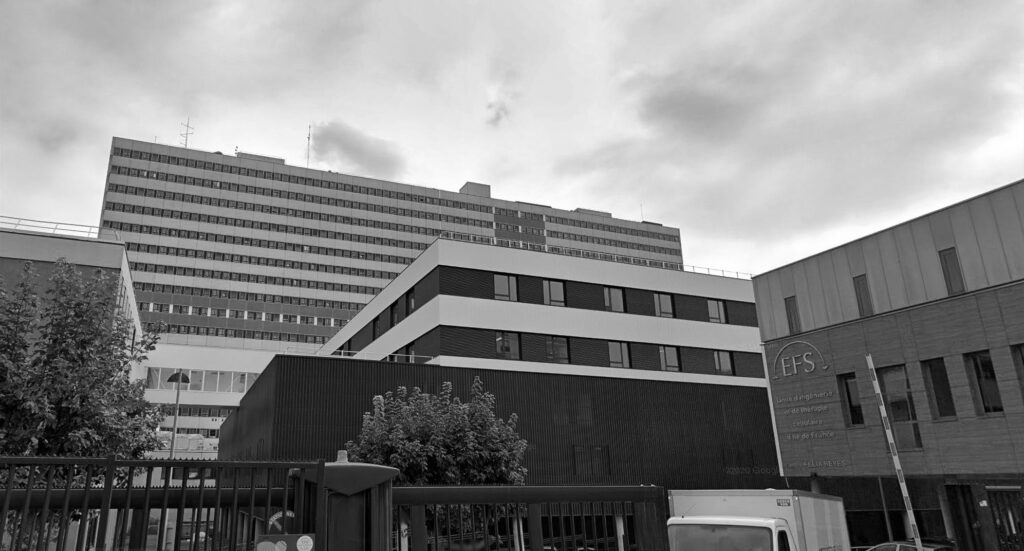A COVID-19 mutation has been identified by researchers at the Henri Mondor hospital in the Paris region causing concern as it may be more resistant to vaccines and more easily transmissible.
Researchers at the Henri Mondor hospital, which is in the commune of Creteil, in the Val-de-Marne department on the outskirts of the French capital, have revealed concerning new details about their research, which they have been conducting since February when they first spotted the new variant.
They say that it contains 18 mutations, with two of these suggesting it could be more easily transmissible and more resistant to vaccines than the original COVID-19 virus.
Dr Jean-Michel Pawlotsky, a virologist and the director of the National Reference Center for Viral Hepatitis B, C and D and of the Department of Virology at the Henri Mondor University Hospital, told France Inter: “we have identified two mutations which are interesting: the 501Y mutation, which seems linked to in increased transmissibility of the virus.
“And another mutation in position 452, which has been suggested to potentially decrease sensitivity to the effect of vaccination.”

So far, there appears to be few cases of this variant, dubbed the Henri Mondor variant, but it is said to be spreading quickly.
Dr Pawlotsky told French media outlet LCI: “The appearance of a cluster in a neighbouring hospital to our hospital showed us that these four people have been infected by a new virus.”
According to France Inter, after four cases in Creteil, around 30 cases were found in the south of the country, in the Dordogne department, in the commune of Pontivy.
LCI say that since then, cases have been detected in the Brittany department, in north-western France.
Cases quickly increased to over 190 people infected. The doctor is however hopeful that it might not become a leading variant, given that it currently only represents about 2 percent of cases in France, compared to 63 percent for the British variant (76 percent according to the national health body Sante Publique France).
A statement issued by Assistance Publique-Hôpitaux de Paris, a university hospital trust based in Paris and the largest hospital system in Europe, stated: “Within four weeks of its discovery, the new ‘Henri-Mondor’ variant was found in 29 patients of various geographical origins (Ile-de-France, South-East and South-West of France).
“Its detection frequency has continued to increase since then, with the identification of several clusters and it is increasingly found in samples tested by the Henri-Mondor hospital.”
Most of the major pharmaceutical companies that have developed vaccines have said that they could be quickly modified to make them effective against new variants.
The study about the Henri Mondor variant of COVID-19 was published yesterday (Tuesday 30th March) in the Emerging Infectious Diseases Journal.
The researchers are reportedly keeping a close eye on the new variant.
To find out more about the author, editor or agency that supplied this story – please click below.
Story By: Joseph Golder, Sub-Editor: Joseph Golder, Agency: Newsflash
The Ananova page is created by and dedicated to professional, independent freelance journalists. It is a place for us to showcase our work. When our news is sold to our media partners, we will include the link here.




